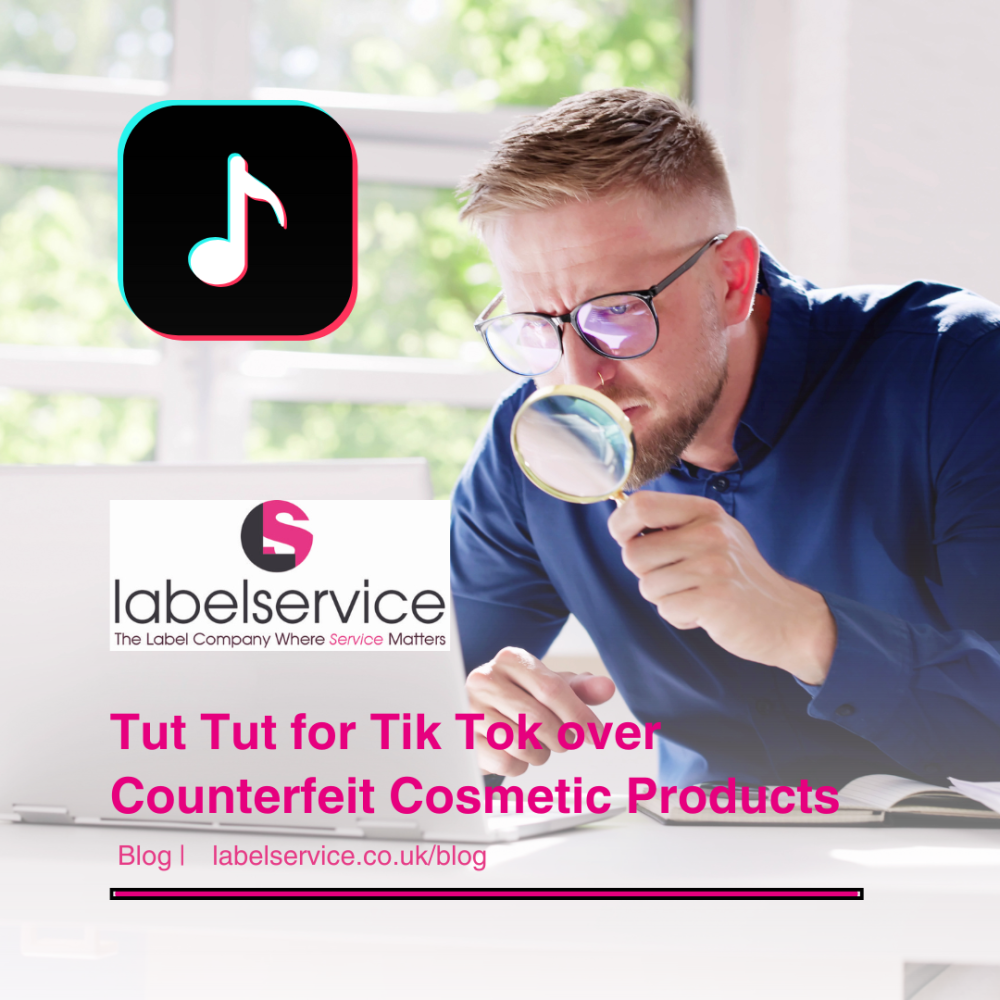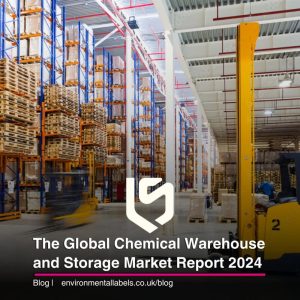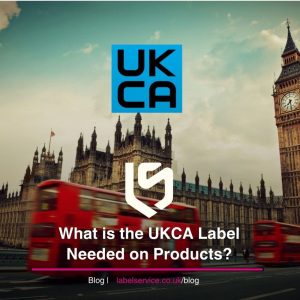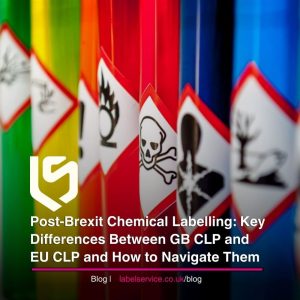Cosrx has issued a warning to shoppers about the rise of counterfeit versions of its products being sold through TikTok Shop and Amazon resellers. The Korean skin care brand said these copycat goods can be “incredibly” hard to differentiate, as they often use the same logo and Korean copy to make it look authentic. The packaging can also look convincingly real, but Cosrx said there are small changes, often in the text, which can highlight it as being a fake.
This is being exacerbated by Amazon resellers in particular having positive reviews on their shops, and even a Prime sticker, which can further confuse consumers. “TikTok shop is not an authorised seller of Cosrx and no individual on the app is approved to sell the brand via the platform,” the brand said in statement. “This should also be avoided to guarantee authenticity.”
Cosrx believes the rise in counterfeit products being sold has grown alongside the current era of beauty ‘dupes’, as shoppers seek to save money on trending products. “Recently, there are fake products finding a presence on online channels that offer cheaper pricing,” said Abraham Kayrouz, UK representative at Cosrx. “We are warning customers to purchase products from only official UK channels such as Boots and Superdrug, as well as LookFantastic, Sephora, Cult Beauty, Beauty Bay and now at The Fragrance Shop to ensure authenticity.”
Kayrouz explains it is a challenging situation as TikTok is a “crucial tool” for reaching out to its target customers and amplifying the growth of the brand. But the positive social media exposure can be easily muddled with the content being created by those selling copycat products. “We already had our relationships with all of the established UK beauty retailers, so this has not changed,” added Kayrouz. “We will continue to prioritise these channels for Cosrx, and encourage shoppers to purchase from these partners only.”
The beauty industry is one of the worst hit industries when it comes to the issues of fake products according to brand protection company SnapDragon. The sector loses around US$5.4bn in sales every year due to counterfeits, according to the Organisation for Economic Co-operation and Development. “In recent years we have witnessed a spike of fake websites impersonating cosmetic label brands in order to defraud customers,” Daniel Shapiro, VP of Strategic Partnerships & Brand Relationships at digital revenue recovery firm Red Points, told Cosmetics Business in an interview.
Snail Mucin example
SNAIL MUCIN, FOR the uninitiated, is part of a skin-care regimen that’s meant to leave faces glowing and hydrating. Yes, it’s snail slime, and it’s exactly the sort of product primed to explode on TikTok—where skin-care content is king and millions of people watch as influencers dab serums and gels and makeup on their dewy faces. But as snail slime explodes in popularity on TikTok Shop, many are wondering if they’ve been duped. People are posting videos of two versions of the product labelled as COSRX, a Korean skin-care company, side by side and asking a simple question: Is it the right kind of slime? In an email, COSRX said it was “aware of the counterfeit products” and that it was “taking action.” In a TikTok, the company encouraged people to buy from “authorised sellers,” but did not specify where.
On TikTok Shop, which began rolling out to all the app’s US users this week, a lot of the prices look too good to be true. At the cosmetics store Ulta, the COSRX snail mucin costs $25. On Amazon, it’s marked down to about $16. But one seller on TikTok lowered the cost to $5 and sold 37,000 bottles, according to the listing on the shop. Another has sold more than 40,000 bottles for around $15 each. Counterfeit and fake products are banned from the shop.
As TikTok’s retail ambitions grow, the catch-all shop is so far shaping up as an unwieldy and chaotic competitor to ecommerce giants like Amazon. TikTok has ambitions to bring in $20 billion in merchandise sales this year. But that success is threatened by uncertainty over these potentially fake or shoddy products.
The number of prohibited or questionable product offerings “shows that TikTok is irresponsibly rushing into this expansion, if consumers can’t trust the products online,” says Olivia Little, a senior investigative researcher at Media Matters for America, a media watchdog group. “It’s really dangerous when the platform is being irresponsible in terms of product approval.”
“Nightmare”
When Rosy Ferry found the limited edition Dior eye shadow palette she had been searching for on eBay, she was delighted. Not only had it sold out at her local department store, but this was £15 cheaper. ‘Although it was selling for £30 rather than the RRP of about £45, the eBay seller said it was because she had opened it to test the colours,’ says Rosy, a 28-year-old writer from the Scottish Borders. ‘That seemed reasonable and as it was a UK-based seller with good feedback, I decided to buy it.’
But when the package turned up, it was covered with Chinese customs stickers and was missing the velvet pouch and outer box that Dior cosmetics are sold with. Despite that, Rosy reasoned that it looked OK and didn’t smell peculiar, so she decided to test it out. That night her eyes started to itch but it wasn’t until the next morning when she woke with her eyes glued together that she realised something was seriously wrong. ‘I had to bathe them to get them open,’ she recalls. ‘The lids were swollen, and my eyes were bloodshot. I was really worried that I’d caused myself serious damage.’
Rosy sent her husband to the pharmacy, and spent the next week religiously applying anti-bacterial eye drops. ‘Things started to improve, but for at least three weeks, it looked like I had burns around my tear ducts — the skin was all red and flaky and I couldn’t wear any eye make-up. I dread to think what was in the eye shadow that would have caused that sort of reaction.’
Rosy is far from the only shopper to have unwittingly bought fake cosmetics. As the Mail recently revealed, the UK is being flooded with toxic counterfeit make-up, as criminal gangs working in underground laboratories churn out copies of cosmetics from brands such as Mac, Benefit and Urban Decay.
The fakes have been found to contain dangerous levels of lead, mercury, and even cyanide — and detectives at City of London Police are so concerned they have issued a national alert. This influx of potentially dangerous fake make-up comes as no surprise to Trading Standards Officer Simon Cripwell, of Warwickshire Trading Standards Service.
‘When I first started working in Trading Standards, 18 years ago, a lot of the counterfeit goods we saw were branded clothing. But over the years we’ve seen an increase in other products — like cosmetics,’ says Simon. ‘Finding counterfeit make-up in a High Street shop is still quite rare. Most of our seizures tend to be on market stalls, or we’ll intercept goods coming into the country via the UK Ports Authority.’
But Trading Standards can also prosecute individuals and companies selling fakes online. In 2014, Deborah Hamber, from Exmouth, Devon, received a four-month suspended prison sentence plus 150 hours of community service for selling £25,000 worth of counterfeit Benefit, Lancome and Mac cosmetics through eBay. Yet, despite tireless operations by Trading Standards working hand in hand with the police, dangerous make-up still seems to be widely available online.
What to look for
To decrease your chances of purchasing a counterfeit product, only buy from the authorised retailers that are listed on a brand’s website. (DHGate is definitely not on SkinCeuticals’ list.) You can also check the photos to see if the packaging matches the version displayed in the brand’s marketing, but many counterfeit sellers use fake photos, so you usually have to wait until you receive a product to give it the once-over. If any seals are broken, the fonts or wording on the packaging look funny, or the product itself has a different colour or consistency than you expected, don’t use it.
Look for the watermark
Truecica Aqua Calming Suncream SPF 50+ from Stylevana (which allows returns and states on its FAQ page that its products are authentic) has a holographic HiddenTag (a digital watermark that verifies authenticity) that can be scanned using the HiddenTag app to confirm you received the real thing. But not all brands use tags to authenticate their products, and some sites won’t accept returns.
Read the reviews
It’s worth poking around on Reddit and review forums such as MakeupAlley to see if the site you’re buying from has gotten bad reviews, because once you click “purchase,” you’re on your own. If you buy from a third-party marketplace that doesn’t authenticate its products or allow for returns, you’re taking the same risk you would be if you were knowingly buying a fake.
Watch for any adverse reactions
If any product you’re using causes a rash or irritation, stop using it and talk to your doctor. If you swipe on a fake lipstick or spray a knockoff perfume and don’t get a rash or reaction immediately, you still could end up sick down the line. “In toxicology, the dose makes the poison, meaning that any chemical, even water, can be toxic if too much is ingested or absorbed through the skin,” says toxicologist Lois Kotkoskie, Ph.D., president of the regulatory-affairs consulting firm LAK3 Consulting. “So, my concern would be the cumulative dose if a consumer bought and used multiple counterfeit products containing similar impurities at one time.”
Most people who buy counterfeits don’t actually know that the item is fake — and even if they do, one negative experience can put consumers off of the real brand for life. (Dul, for one, says she has yet to purchase any other products from Laneige, on Amazon or otherwise).
To combat the confusion, brands like Deciem, the parent company of the cult-favorite skincare line The Ordinary, provide a robust overview on their websites of every in-person shop and verified online retailer consumers can shop for their products. One quick search for ‘The Ordinary’ on Amazon gives you close to 200 product results — yet Amazon isn’t listed as a member of the company’s retailer network, making it impossible for shoppers to know whether their product is authentic or not.
Making these types of disclosures easily accessible can help shoppers make good, safe decisions when it comes to buying cosmetic products online. If you’re in the market for a new retinoid cream, or just looking to replenish your make-up supply without breaking the bank, here are some additional steps to avoid getting duped.

















